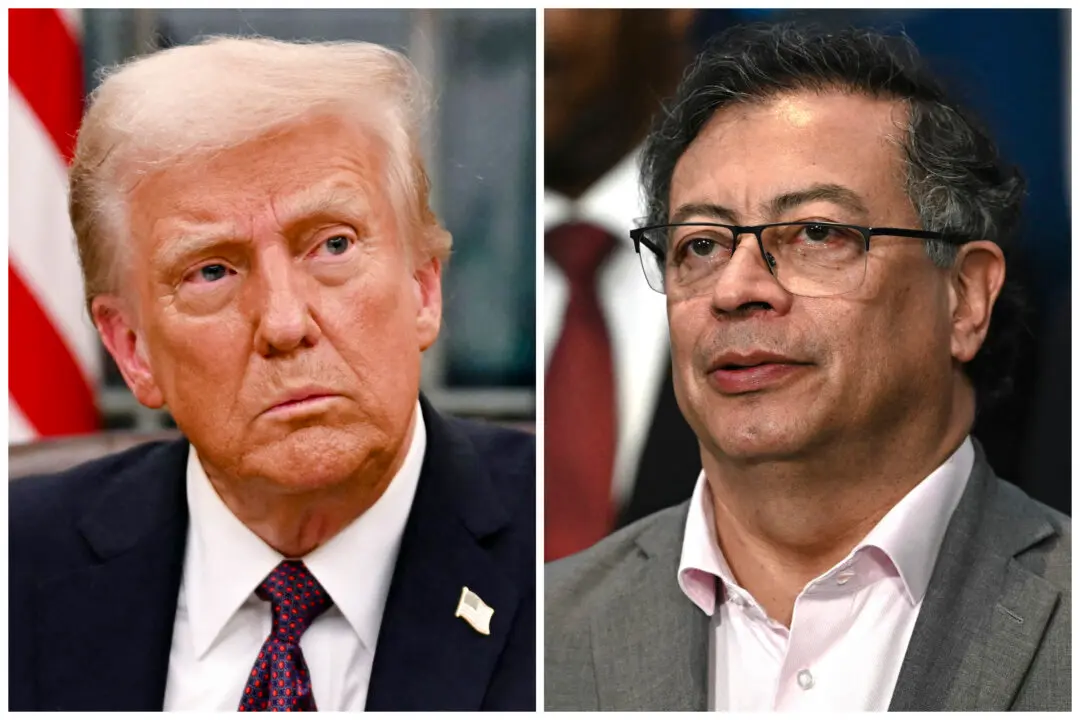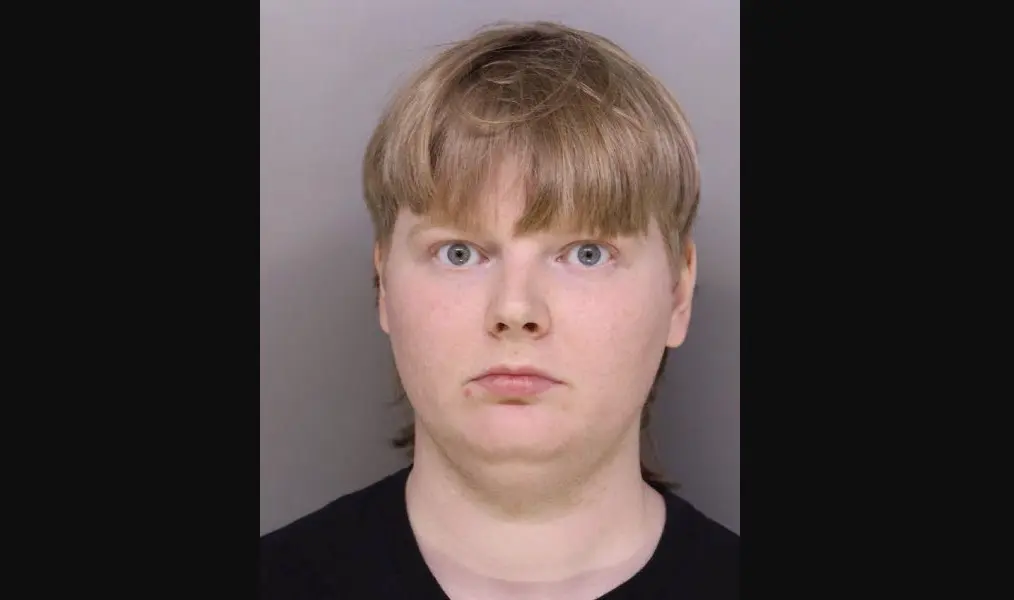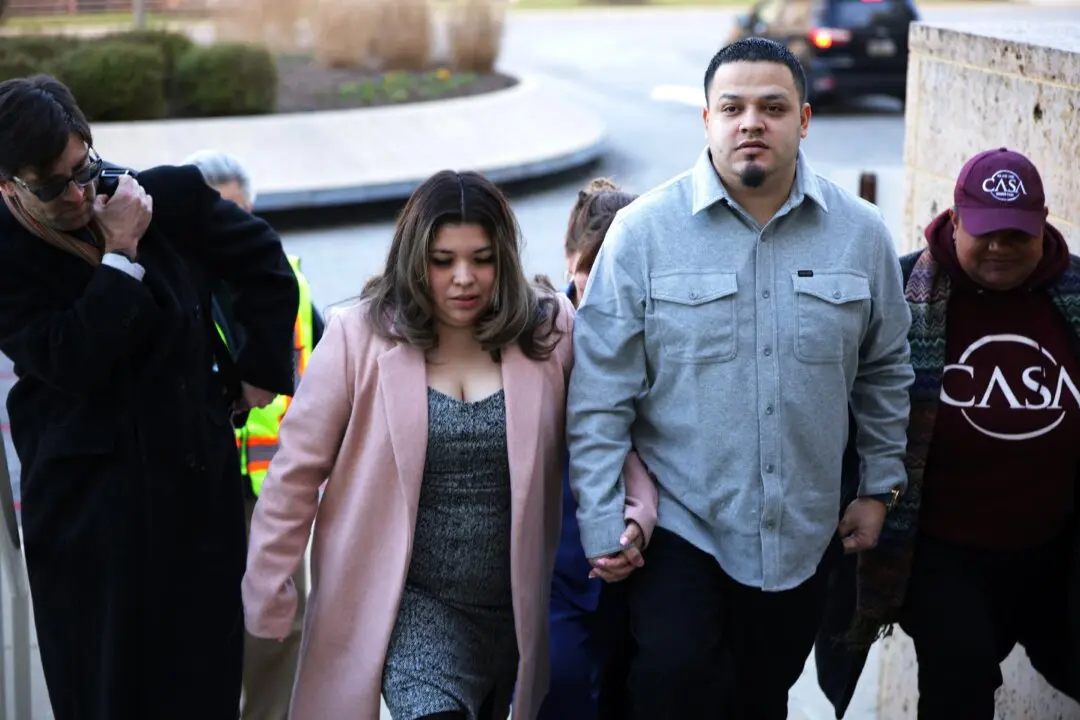SYDNEY, AUSTRALIA—It is nothing more than “commercialised trafficking of human remains,” Emmy Pfister, coordinator of a citizens group called Australians Against Bodies Exhibit, said at a press conference on Sept. 16.
The citizens group is calling for an investigation into the identities of the real human bodies that have been on display as part of the ‘Real Bodies: The Exhibition’ at the Entertainment Quarter in Sydney.




